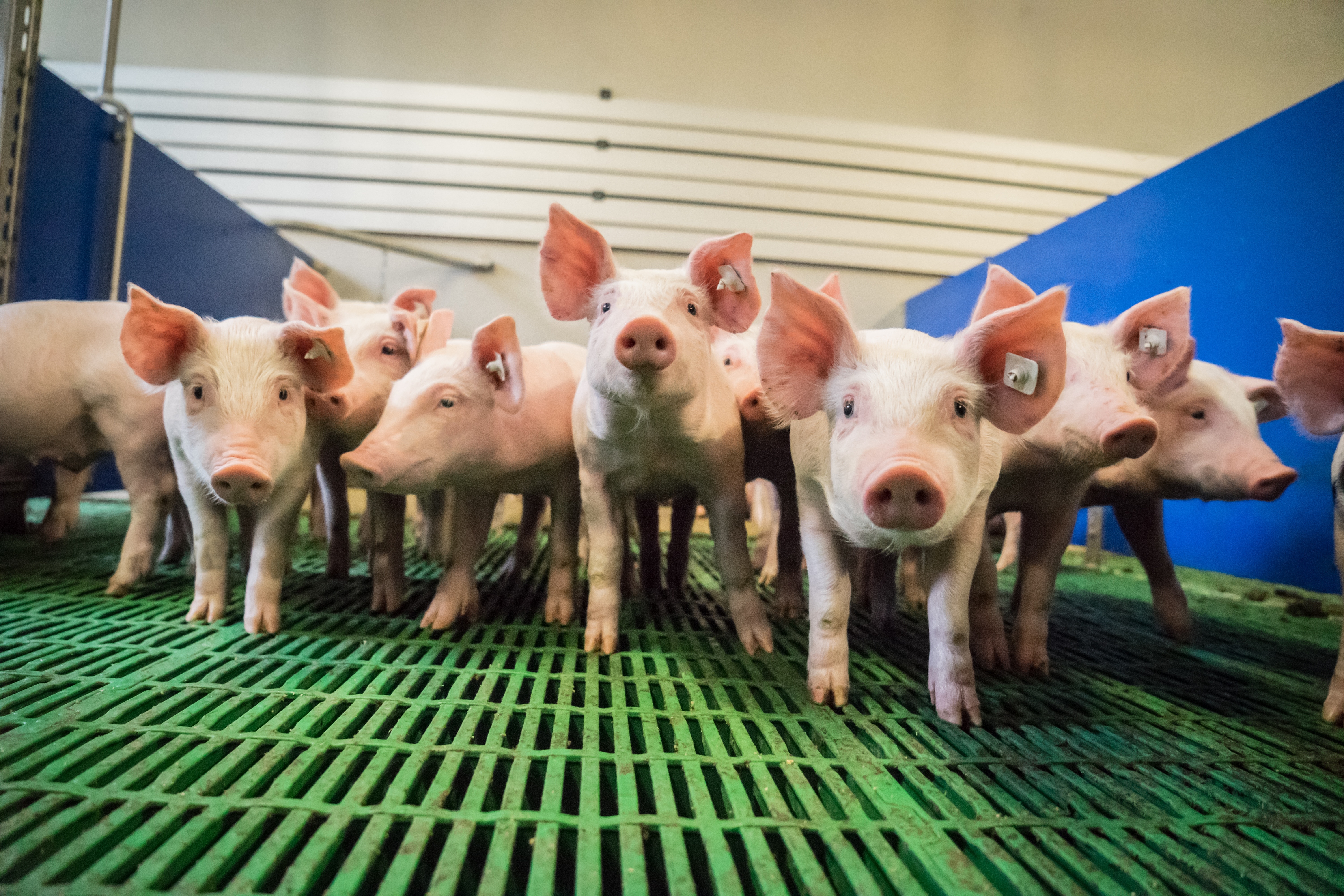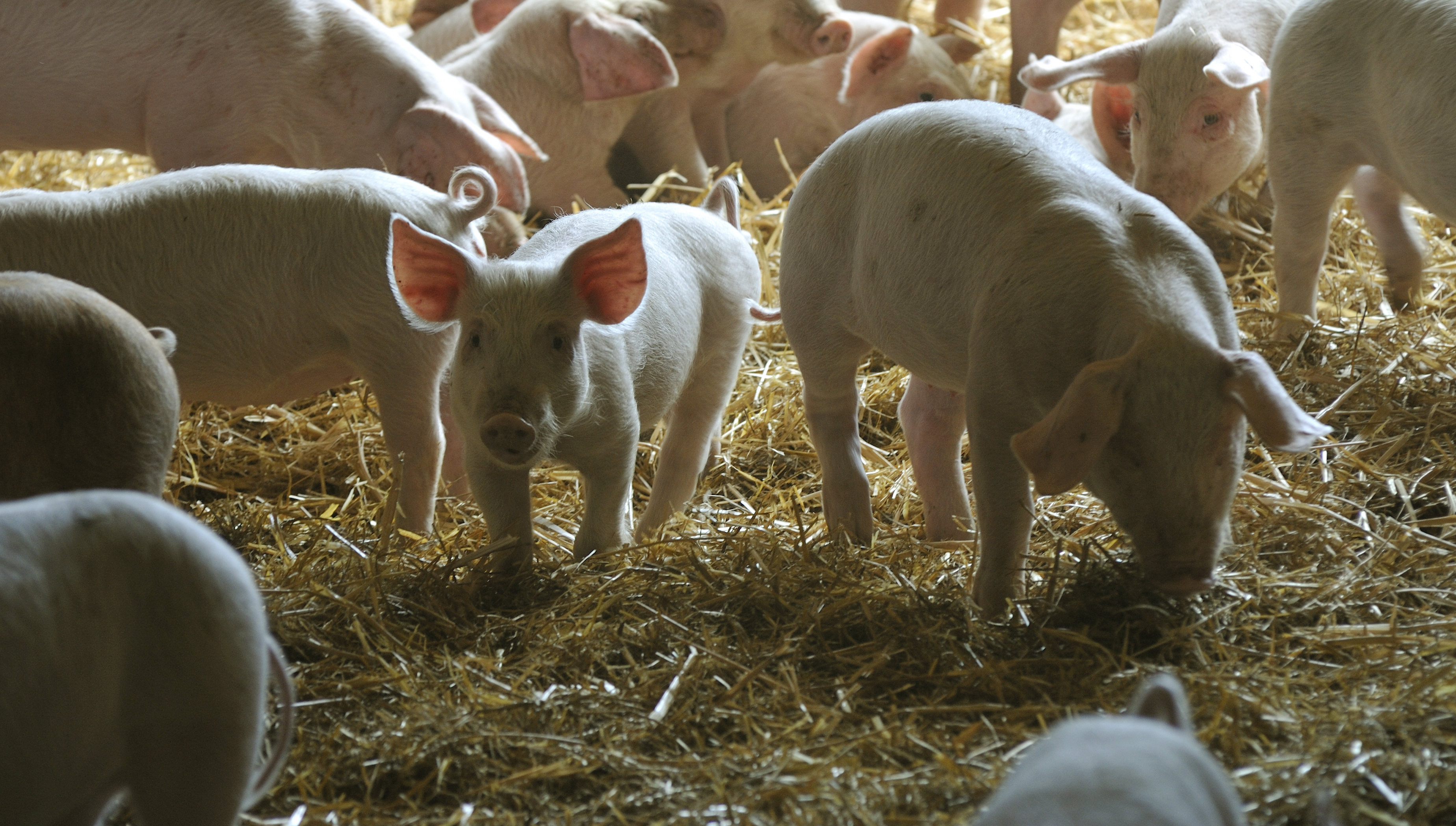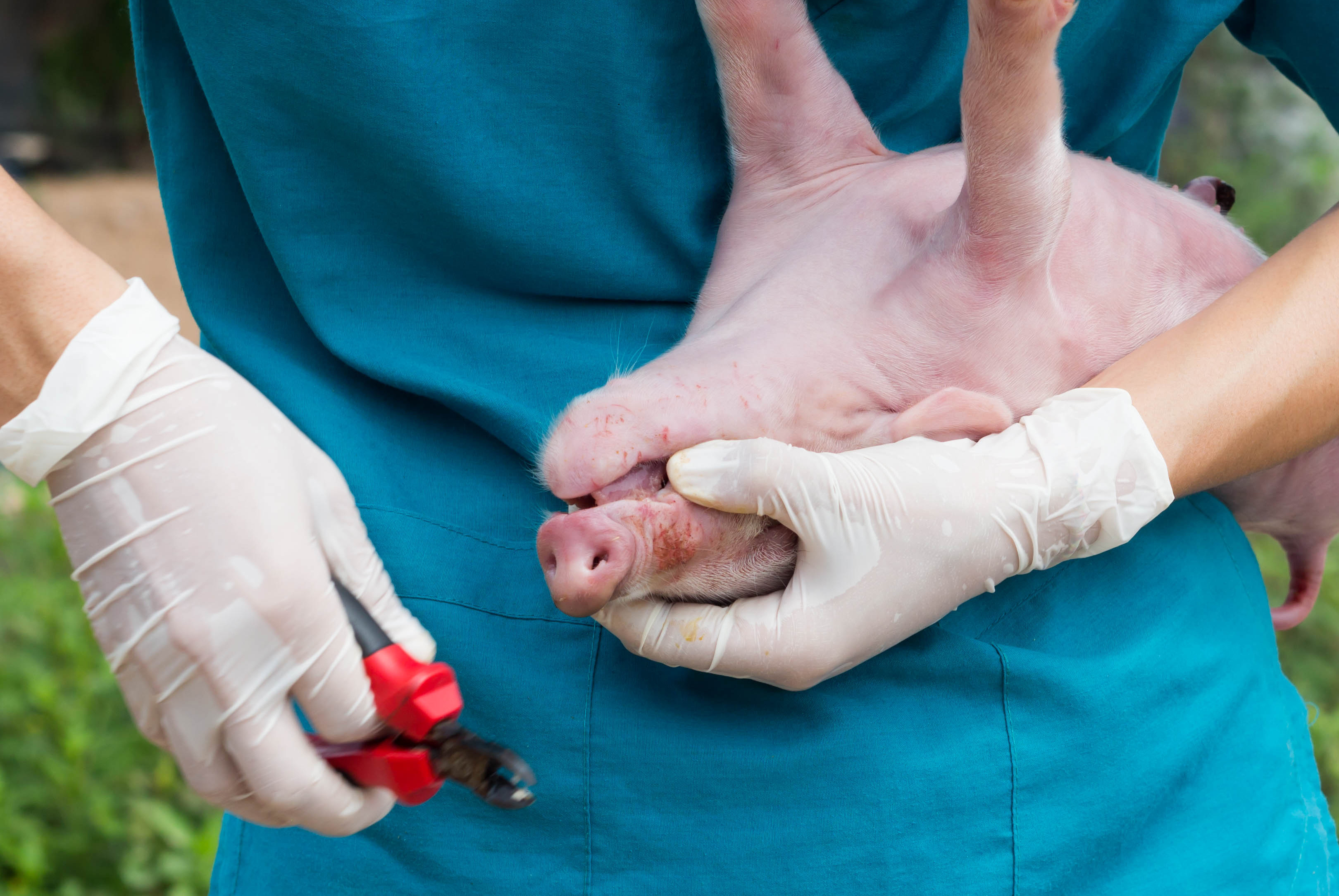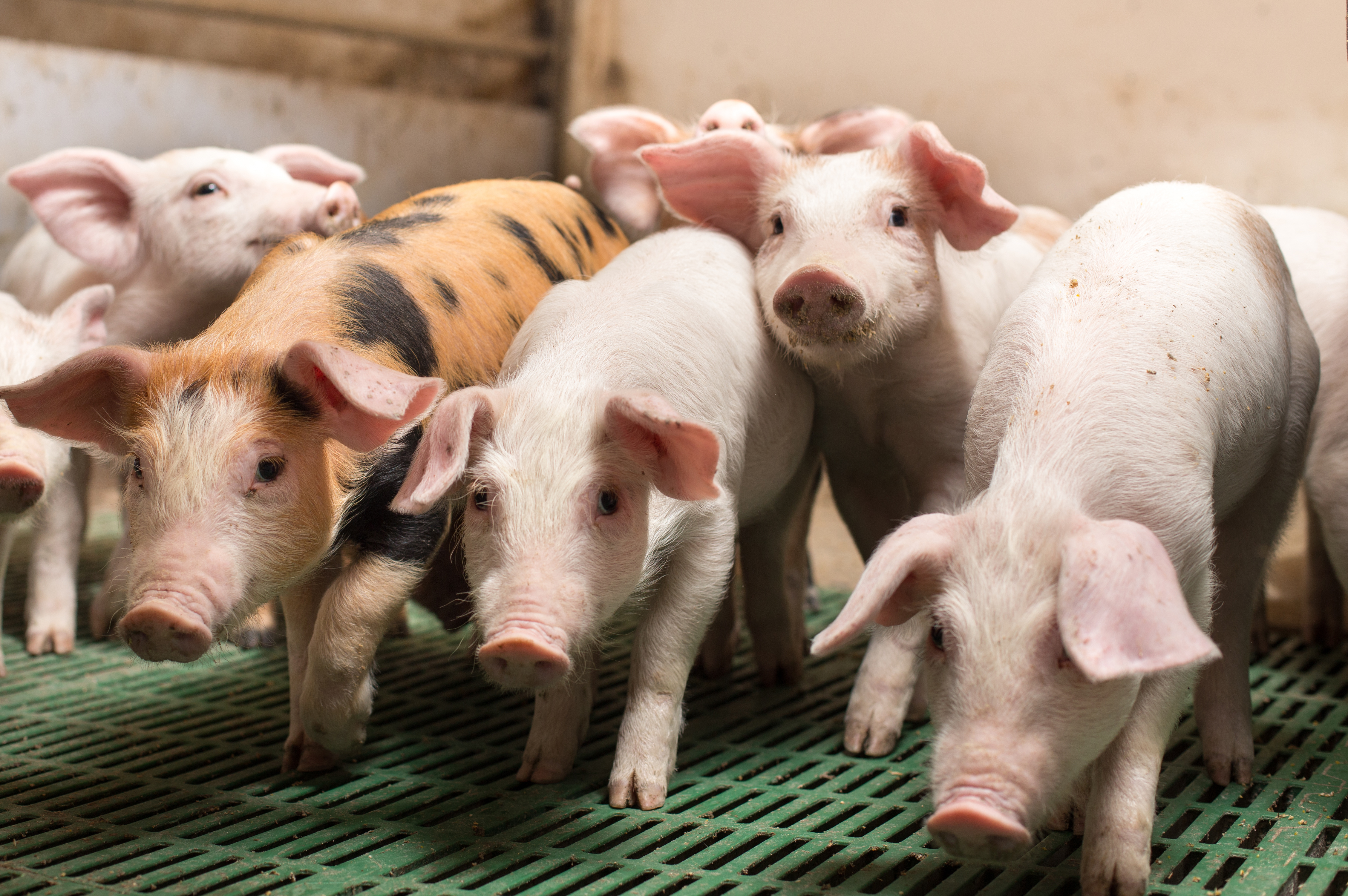



No solution to antimicrobial resistance without addressing farm animal welfare
Leading experts have agreed that there is no solution to the global antimicrobial resistance (AMR) crisis without tackling poor animal welfare on farms.Part of Series:
< Previous Article in Series Next Article in Series >
Antibiotic overuse on farms can cause AMR (superbugs) to emerge, and with a staggering 75 percent of the world’s antibiotics used in farming, the World Health Organisation (WHO) is calling for urgent action. AMR is one of the greatest threats to human health globally. Experts predict that without policies in place to reduce antimicrobial use, resistance could be responsible for 10 million deaths each year globally by 2050
The experts brought together are members of The 3Ts Alliance, set up by World Animal Protection (WAP) this year (2019), with major companies in the pig industry, researchers and civil society organisations, joined by others with an interest in AMR. The 3Ts Alliance is working collaboratively to explore how to end painful piglet procedures: tail docking, teeth reduction and physical/surgical castration.
Painful piglet procedures are one of the major risk factors for antibiotic overuse. Improving the conditions on farms and ensuring farm animals have room to move, freedom from pain and opportunities to express natural behaviour also leads to more robust animals with less need for routine antibiotic use.
World Animal Protection’s business case, Sharing Success: The global business case for higher welfare for pigs raised for meat demonstrates that large companies are responsibly reducing antibiotic use on farms whilst ending the painful cutting of piglet tails, teeth and surgical castration.
The 3Ts Alliance has agreed to build on communiques they developed and released this year, with the aim that in 2020 they will use this information to encourage businesses in the global food industry to commit to phasing out these painful procedures. There was also a consensus that retailers be part of the solution to improve transparency for consumers on the welfare standard and antibiotics used in the meat they buy.
Swedish veterinary expert, Jenny Lundstrom, said: “High animal welfare standards have a strong correlation to low use of antibiotics in farm animals, and it is of great importance that the retail sector recognise both animal welfare and responsible antibiotic use in their supply chain.
“Sweden has shown that this possible and this should be followed by others.”
Dr Supawat Supanyarak, of CP Foods said: “As one of the biggest pig producers in the world, we have a responsibility to maintain high animal welfare and use antibiotics responsibly.
“We are proud of our track record in committing to end confinement of mother pigs and our antibiotics policy. We look forward to our ongoing contributions to The 3Ts Alliance on ending painful piglet procedures set up by World Animal Protection.
“CPF aims to scale up their current work in Thailand to allow pigs to express natural behaviour and avoid painful procedures.”












